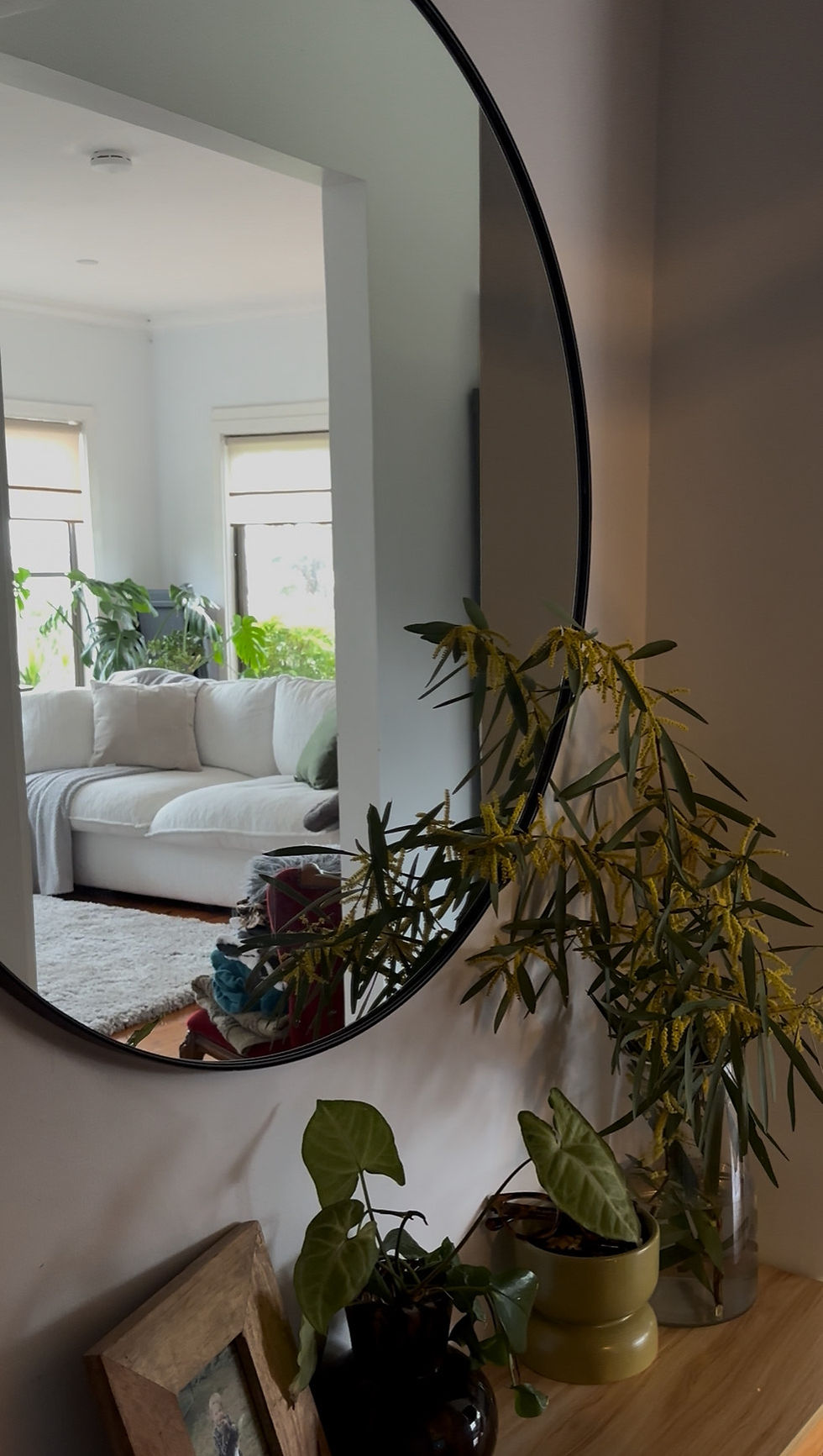The Tuesday Reset: Why a Clean Space is a Kindness to Your Nervous System
- sarah m.

- Aug 26, 2025
- 2 min read

Tuesday afternoons often bring a specific kind of fatigue. The weekend's rest is a distant memory, the week's demands are in full swing, and the small messes of daily life have started to accumulate. The stack of unopened mail, the overflowing laundry basket, and the dishes piling up in the sink can feel like they're speaking to you. For many, this is the point when stress and overwhelm begin to peak.
But what if these messes are doing more than just annoying you? Research suggests that our brains don't separate external chaos from internal chaos. A cluttered environment can act as a "micro-trigger" to your nervous system, keeping it on high alert.
The Science Behind Clutter and Stress
When your surroundings feel out of control, your body can react as if it's under threat. This isn't just a feeling; it's a physiological response. Studies have shown a link between a disorganized living space and elevated levels of the stress hormone, cortisol. An increase in cortisol can lead to a faster heart rate and trouble focusing. This is why you might find yourself feeling irritable, snapping at loved ones, or struggling to concentrate—it's not just about the mess, but about how your nervous system is processing the chaos.
A 2009 study published in the journal Personality and Social Psychology Bulletin found that women who described their homes as "cluttered" or full of "unfinished projects" had higher levels of cortisol throughout the day than women who described their homes as "restful." This indicates that a messy environment can literally contribute to an ongoing state of stress.
The Power of a Midweek Reset
Taking a small amount of time for a midweek reset is a simple but powerful act of self-care. It doesn't need to be a major overhaul. The goal isn't perfection; it's relief. Wiping down a kitchen counter, folding a basket of laundry, or clearing a single cluttered surface can signal to your nervous system that it's safe to relax. This action can help lower your cortisol levels and bring your body into a calmer state.
This kind of reset allows you to create breathing room, both in your home and in your mind. It's about letting go of the visual noise that contributes to mental fatigue.
Trauma-Informed Home Management
For people dealing with burnout, grief, depression, or CPTSD, the pressure to "just get it done" can feel insurmountable. This is where a trauma-informed approach to home management can be life-changing. It operates without judgement, understanding that executive dysfunction - the difficulty with tasks like planning and organising - is a real symptom of these conditions. It's not about being lazy; it's about the nervous system being overwhelmed.
Sometimes, the most courageous thing you can do is to ask for and accept help. Allowing someone else to carry the load for a while can provide the mental and emotional space you need to recover.
Ultimately, a clean space isn't about appearances or living up to impossible standards. It's a strategic move to support your mental health and provide kindness to your nervous system. Whether you tackle one small drawer or seek help from a professional, remember that you deserve a space that feels calm and restorative.

Comments